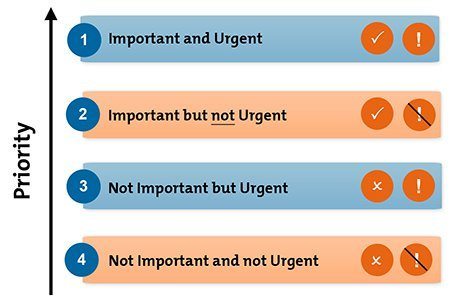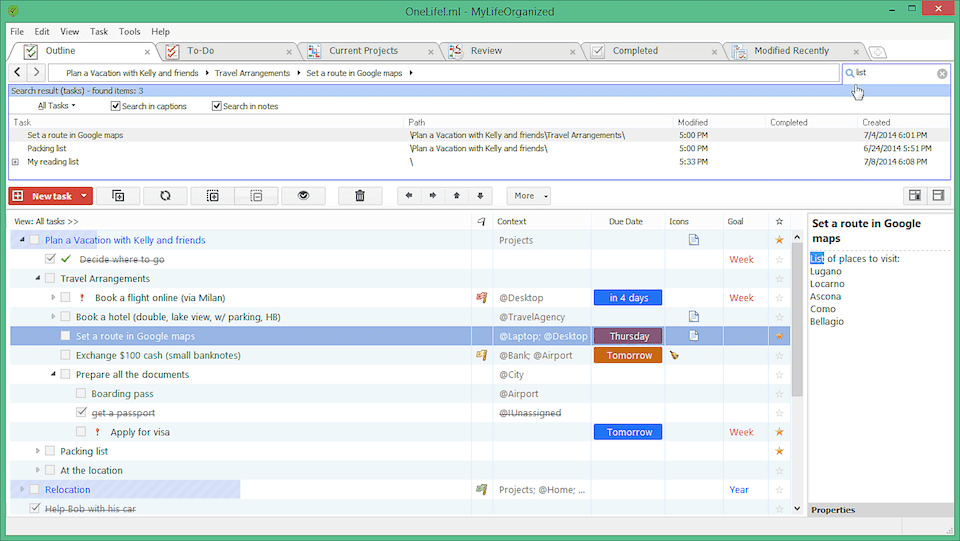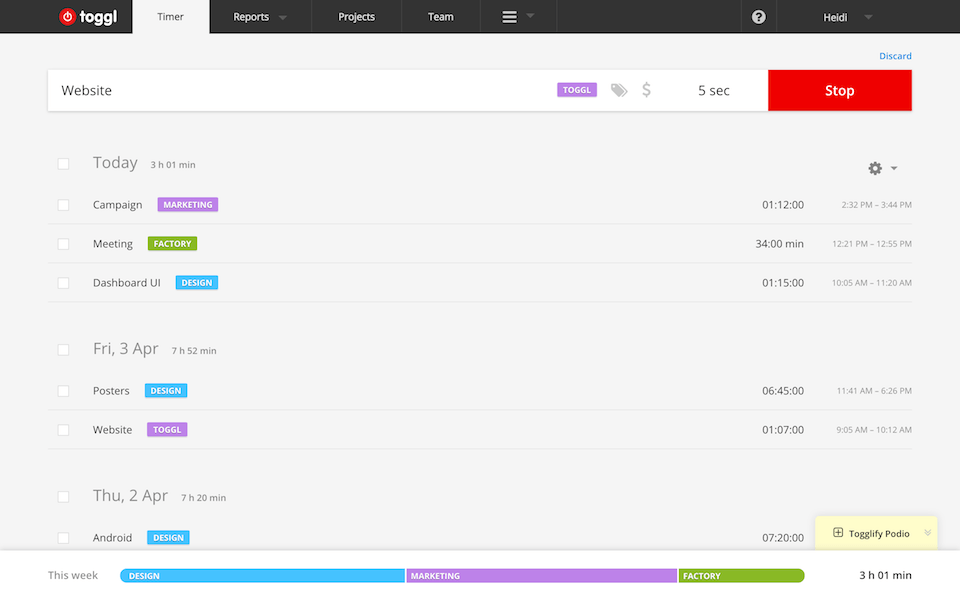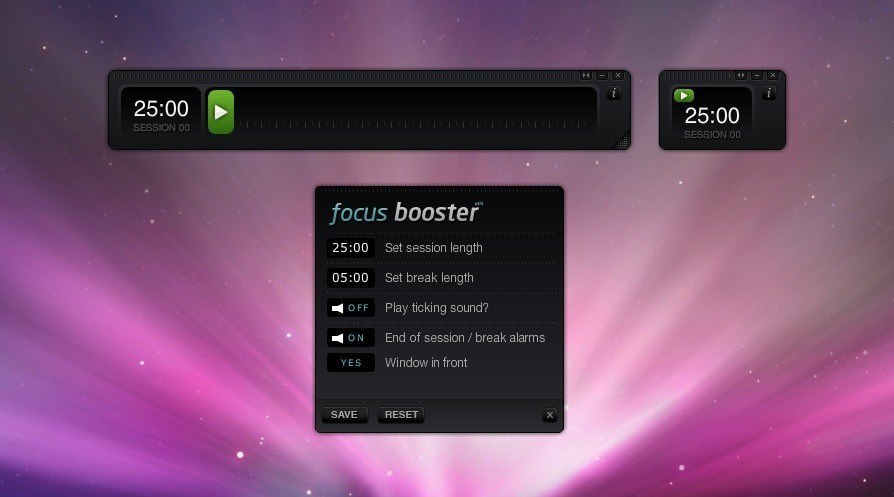I’m sure you are constantly told to manage your time better, because it boosts your efficiency, saves time, and reduces stress. Everyone knows the benefits of a better time management, but how many of us could actually do it?
Most of us like to procrastinate and realize we don’t have much time left, then the thought of having a lot of unfinished tasks stresses you out. If you find yourself working last minute, or submitting your task late, your time management needs some help.
Before I tell you how you could manage your time better, you need to know what it means to have good time management.
Good time management doesn’t mainly focus on quantity.
To most people, managing your time well equals getting more done in less time.
Say you have 20 things to do within 10 hours, and you successfully finish all the tasks on time. The more things you can accomplish in a limited time frame, the better your time management is.
Without a doubt, you finish everything on your to-do list on time, but is this the most effective way to manage your time?
It is more effective to focus on quality.
Time management is basically organizing and planning how much time you spend on the tasks in hand. Having better time management takes time and skill. The more effective time management focuses on doing a few things with great importance, which means quality over quantity.
Focus on the results rather than the activities. It’s good to keep track of how much you have done, but it is more important to decide on what you should pursue on how much value you could add.
When you don’t feel stressed or overburdened as you move from one task to the other, you know you have a better time management. Here are 3 ways to improve your time management skills:
1. Prioritize your tasks according to their importance and urgency
Before you work on the tasks on your to-do list, you have to know which ones are urgent and important. This is the Eisenhower’s principle.
- Important tasks lead you to achieve your personal goals; while
- Urgent activities are immediate, with instant consequences, these tasks are usually associated with achieving someone else’s goal.
The Eisenhower’s principle suggests prioritization of tasks into four levels:
- Important and urgent: These tasks should be dealt with FIRST. They are either unexpected issues or those you have waited until the very last minute to work on. You can plan ahead to avoid the latter from happening, but for unplanned surprises, leave some time out in your schedule to allow room for buffering.
- Important but not urgent: These activities are important to achieve your goals, so make sure to give yourself plenty of time to work on.
- Not important but urgent: These are the roadblocks to block you from accomplishing your own tasks, and they are usually from others. Don’t be worried to say “no” or delegate the tasks to someone else. But do leave some slots open, in case people really need your help.
- Not important and not urgent: Always avoid these tasks. They are simply distractions.
The main key to better prioritize your tasks is leaving slots of time out to make sure you have enough time if something goes wrong.
2. Smartly use leverage to gain more
There are many approaches to one task, and all of them are effective, but to truly make use of the least effort for the greatest returns, apply the concept of leverage to finish your task.
One of the ways to make the most out of everything is to find common patterns in tasks and set up a workflow so you can smoothly finish all the tasks you need without spending unnecessary extra time and energy.
Say you need to write 3 articles in 10 hours. You dissect the processes in writing a article, like research, writing, and proofreading. You then develop a workflow to avoid writing while researching, then going back to edit your article.
Another way is to leverage other’s time. I have mentioned there are “not important but urgent”, and these are the tasks you can delegate to ease your burdens.
Here are more suggestions on leveraging your time.
3. Give yourself timed sessions and short breaks
Sometimes, spending too much time on a single task can actually backfire. The law of diminishing returns suggests there’s a point where the level of profits may not be in proportion to the level of investment.
To better your time management, you have to keep in mind to not over-invest your time in certain tasks. You can use the Pomodoro Technique to avoid working overtime.
The Pomodoro Technique is developed in 1980s. The Italian word “pomodoro” means “tomato”. The technique is simple — divide and structure your work in 25-minute sessions (or pomodori), with a 5-minute break in between.
Say you are working a presentation, you estimate you need around 125 minutes to complete the task. You divide the task into five 25-minute sessions with a short break in between. Make sure the sessions don’t clash with your other plans or commitments. Set a timer to 25 minutes and start your work. Take a rest after each session then repeat until the sessions are over. Take a 20 to 30-minute break afterwards.
Use technology to start bettering your time management.
It might be difficult to incorporate the Eisenhower’s principle, the concept of leverage, and Pomodoro Technique all into one for a better time management. Here are three time management apps to help you along the way:
The first step to better your time management is organization. MLO offers help for you to target what you want to accomplish in order to meet your objectives. It generates to-do lists for you, prioritize your tasks, and track your actions.
It’s always good to have a log sheet to time yourself. Toggl helps you to manage your time better by tracking how much time you spent on each and every task.
Have you ever wandered off to somewhere else while working on something important? Focus Booster uses the Pomodoro Technique and allows you to set a timed sessions for better focus and work quality.
















































